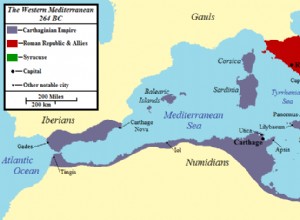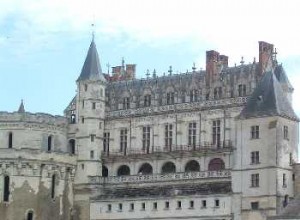Louis XVII (1785-1795), Dauphin of France, is the second son of Louis XVI and Marie-Antoinette. After the execution of his father, he is declared king by the noble emigrants under the name of Louis XVII. Nevertheless, his reign is only theoretical. The child remains imprisoned in the Temple, where h




